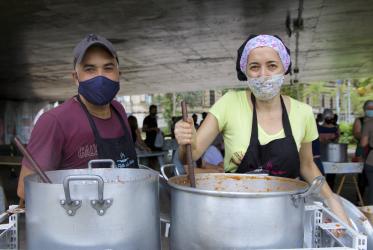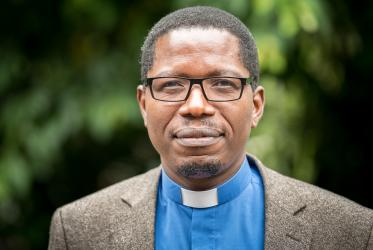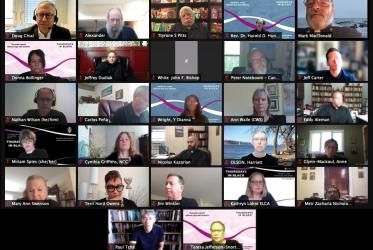Displaying 161 - 180 of 463
Webinar: Sustainable food systems to overcome hunger
08 October 2021
South Sudanese Churches shelter populations displaced by floods
23 September 2021
Scottish and UK religious leaders call for urgent climate action
20 September 2021
Churches offer some relief in Kenya’s drought disaster
16 September 2021














